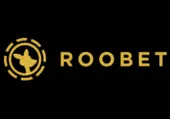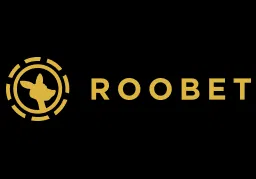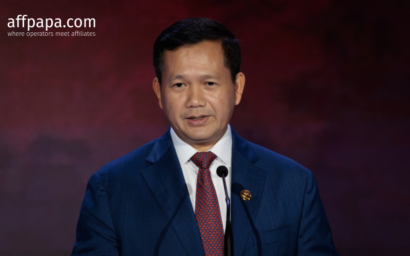Decoding the RNG: How Fair Are Online Casinos?

The digital entertainment landscape is rich and varied, with online casinos representing a significant component. In this sense, the question of fairness within these virtual gambling platforms frequently surfaces, spotlighting the pivotal role of Random Number Generator (RNG) technology.
Accordingly, RNG stands as the foundation of trust and unpredictability in online casino games, ensuring that every game outcome is random and impartial. Having this in mind, it would be convenient to look more deeply into what this system represents and how it works.
Understanding How RNGs Work
Random Number Generators (RNGs) are crucial for keeping online casino games fair and unpredictable. There are two main types: True Random Number Generators (TRNGs) and Pseudo Random Number Generators (PRNGs).
TRNGs work by using external variables, like physical processes, to create random numbers. This method is great because it’s completely random and can’t be predicted, much like flipping a coin or rolling a dice in real life.
On the other hand, PRNGs use math formulas to generate long lists of numbers that seem random. These start from a specific initial number, known as the seed. Even though the process follows a set formula, the way it’s done is so complex that the results appear completely random and unpredictable.
Regulatory Oversight and Fairness Testing
The credibility of the best payout casinos relies heavily on the integrity of the RNG systems they utilise. This is where regulatory bodies and independent testing agencies become indispensable. They play a pivotal role in establishing and upholding the standards of fairness and randomness in the online gambling market.
These agencies carry out thorough testing procedures that include detailed statistical analysis and meticulous inspection of the RNG’s source code. This is to verify that the RNG systems in use by online casinos operate not just correctly, but with absolute transparency.
Leading the charge in this domain are organisations like eCOGRA (eCommerce Online Gaming Regulation and Assurance), iTech Labs, and Technical Systems Testing (TST). Their certification signifies that an online casino adheres to the highest standards of fairness, which in turn, plays a significant role in building and sustaining player trust.
The Intersection of AI and RNG
While RNGs are the foundation of fairness in online gambling, the application of AI significantly bolsters the effectiveness and reliability of these systems.
AI can augment RNG systems through the application of advanced analytical techniques and machine learning algorithms to monitor and verify the randomness and fairness of game outcomes. By continuously analysing the data generated by RNGs, AI systems can identify patterns or anomalies, indicating potential issues with the RNG process itself.
Another key area where AI supports RNG systems is in the validation and certification process. Through the use of AI-driven tools, testing and regulatory bodies can automate the process of verifying the randomness and integrity of RNG systems. These tools can conduct extensive testing over vast datasets generated by RNGs much more efficiently than manual methods, leading to more rigorous and comprehensive audits.

























